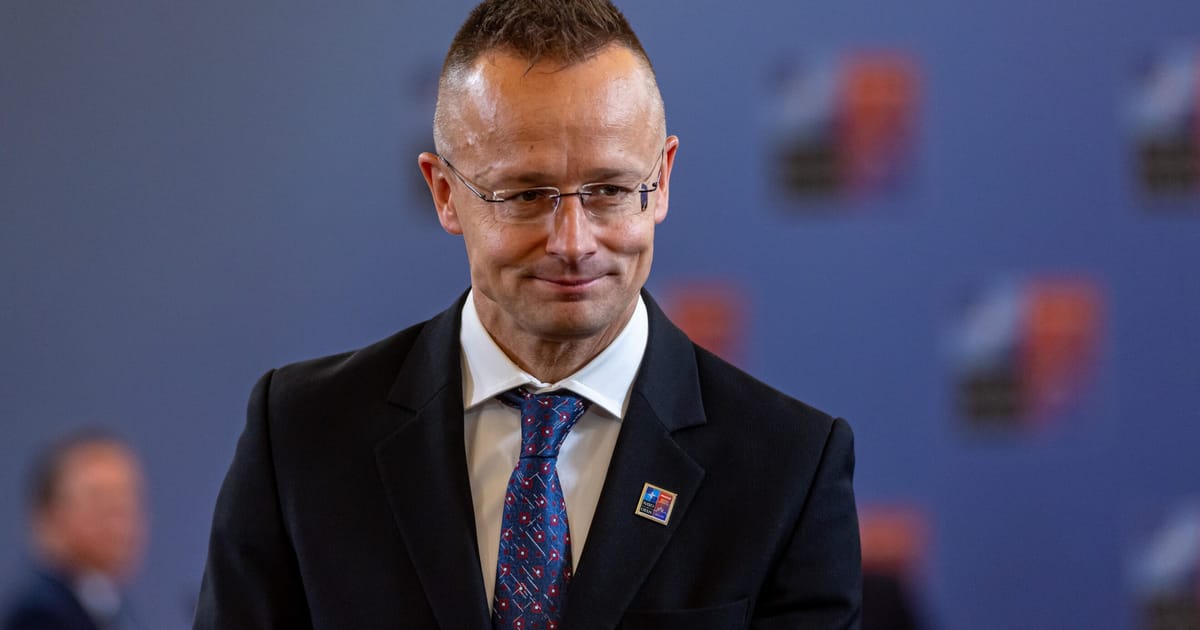Budapest argues it’s facing an energy crunch after Kyiv imposed a partial ban on Moscow’s oil transiting the country.
Hungary on Monday said it had asked the European Union to take action against Ukraine for imposing a partial ban on Russian oil exports, arguing the move was jeopardizing Budapest’s energy security.
Kyiv last month adopted sanctions blocking the transit to Central Europe of pipeline crude sold by Moscow’s largest private oil firm, Lukoil, sparking fears of supply shortages in Budapest. Hungary relies on Moscow for 70 percent of its oil imports — and on Lukoil for half that amount.
“Ukraine’s decision fundamentally threatens the security of supply in Hungary,” the country’s Foreign Minister Péter Szijjártó said Monday at a meeting of EU envoys in Brussels. “This is an unacceptable step on the part of Ukraine, a country that wants to be a member of the European Union, and with a single decision puts the oil supply …. in fundamental danger.”



This is the best summary I could come up with:
BRUSSELS — Hungary on Monday said it had asked the European Union to take action against Ukraine for imposing a partial ban on Russian oil exports, arguing the move was jeopardizing Budapest’s energy security.
Kyiv last month adopted sanctions blocking the transit to Central Europe of pipeline crude sold by Moscow’s largest private oil firm, Lukoil, sparking fears of supply shortages in Budapest.
The escalating diplomatic spat comes as ties between Ukraine and Hungary hit rock-bottom, with Kyiv last week lashing out at Hungarian PM Viktor Orbán for meeting Russian President Vladimir Putin within a self-styled “peace mission.”
The ban means the country’s central Slovnaft refinery would “receive 40 percent less oil than it needs,” Fico said, arguing it would also reduce Slovak fuel exports to Ukraine that make up a 10th of Kyiv’s consumption.
Following Moscow’s invasion of Ukraine, the EU banned imports of Russian oil arriving at the bloc by sea, but allowed landlocked countries like Hungary, Slovakia and the Czech Republic to continue buying supplies via the Russia-to-Europe Druzhba pipeline until they could find an alternative solution.
But Budapest, which has angered Ukraine by holding up EU sanctions against Russia and has stalled Kyiv’s attempts to join the bloc, hasn’t tried to find other options, said Isaac Levy, an analyst at the Centre for Research on Energy and Clean Air think tank.
The original article contains 565 words, the summary contains 225 words. Saved 60%. I’m a bot and I’m open source!